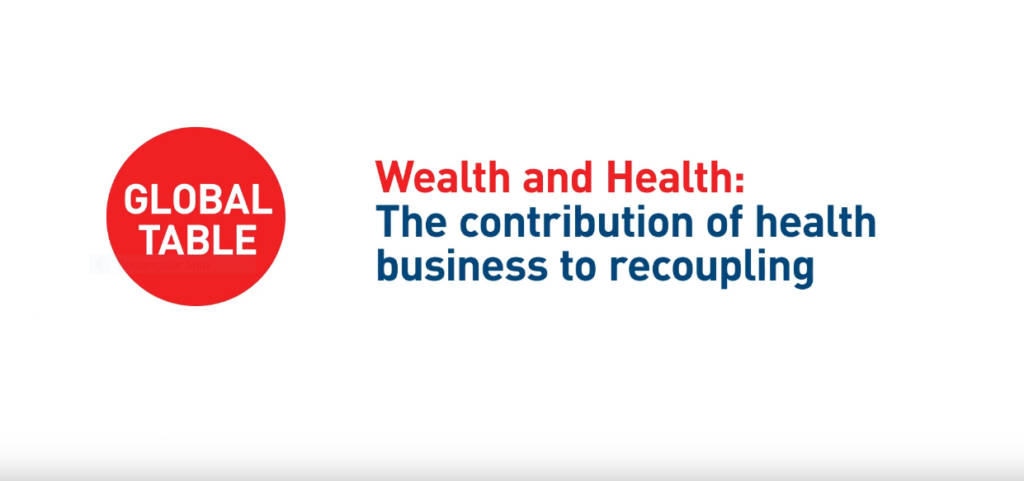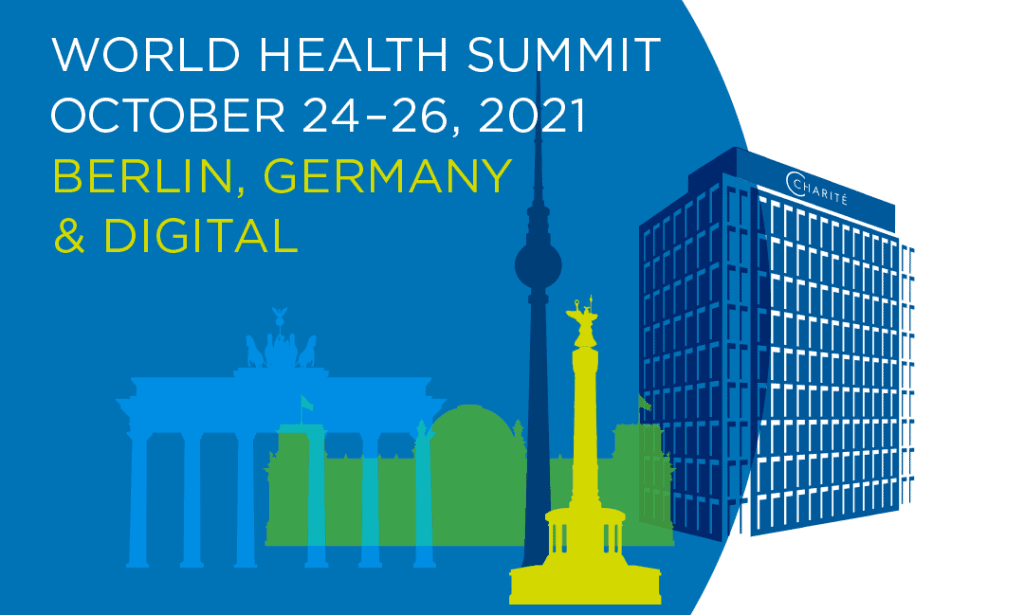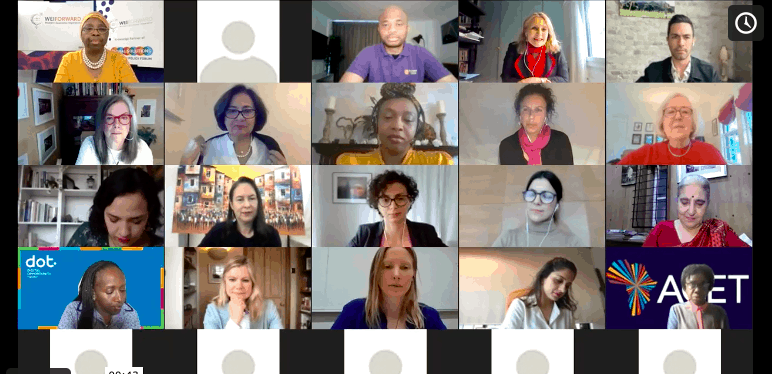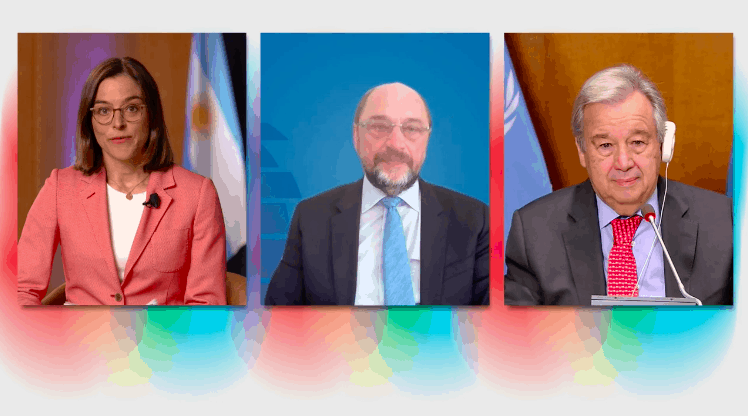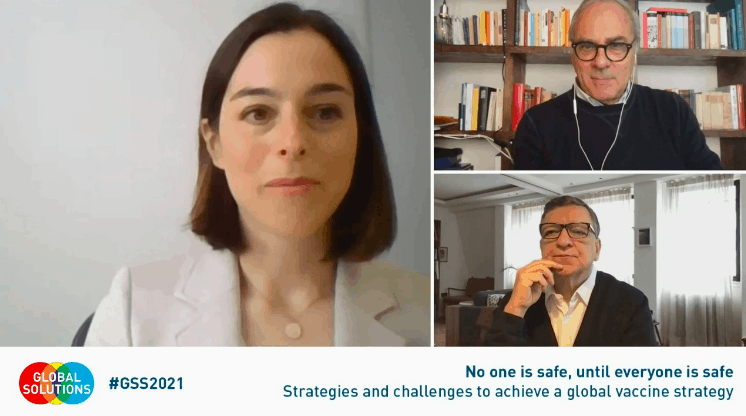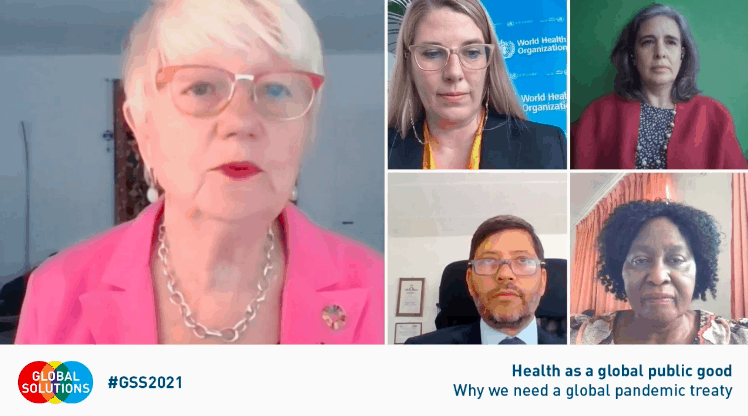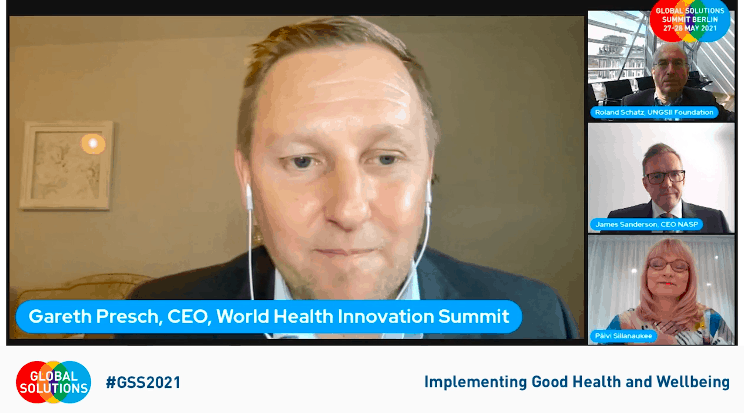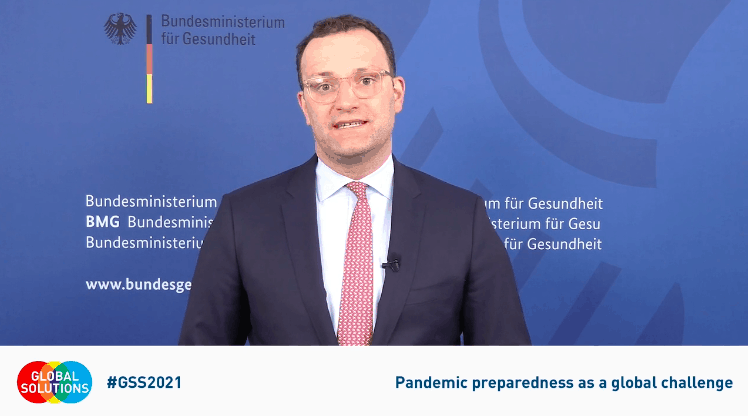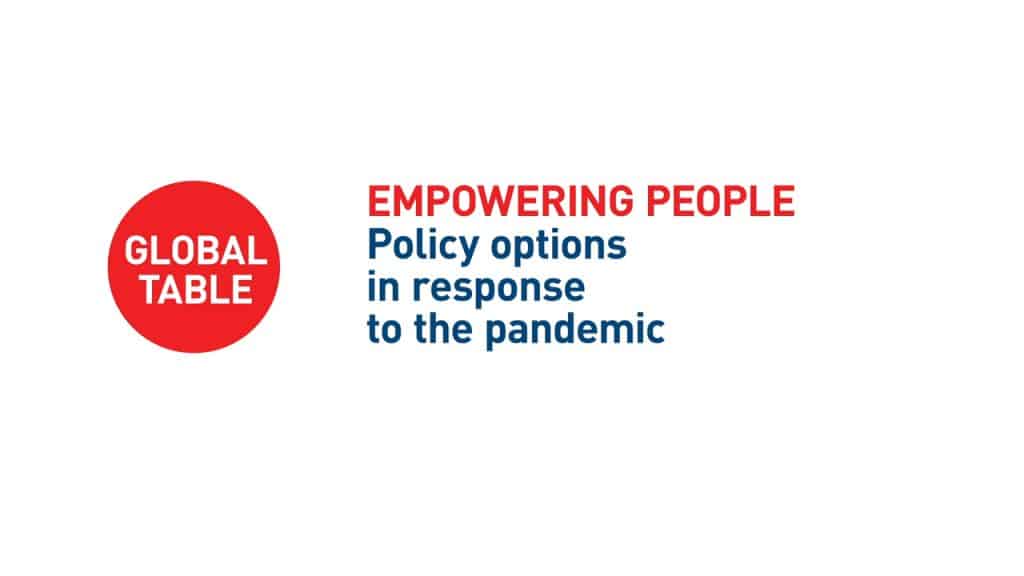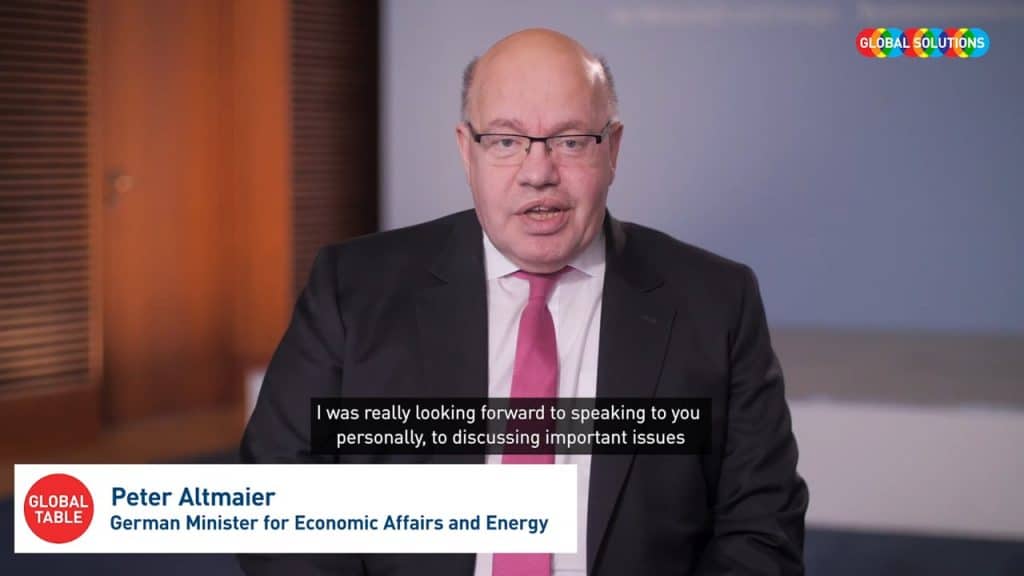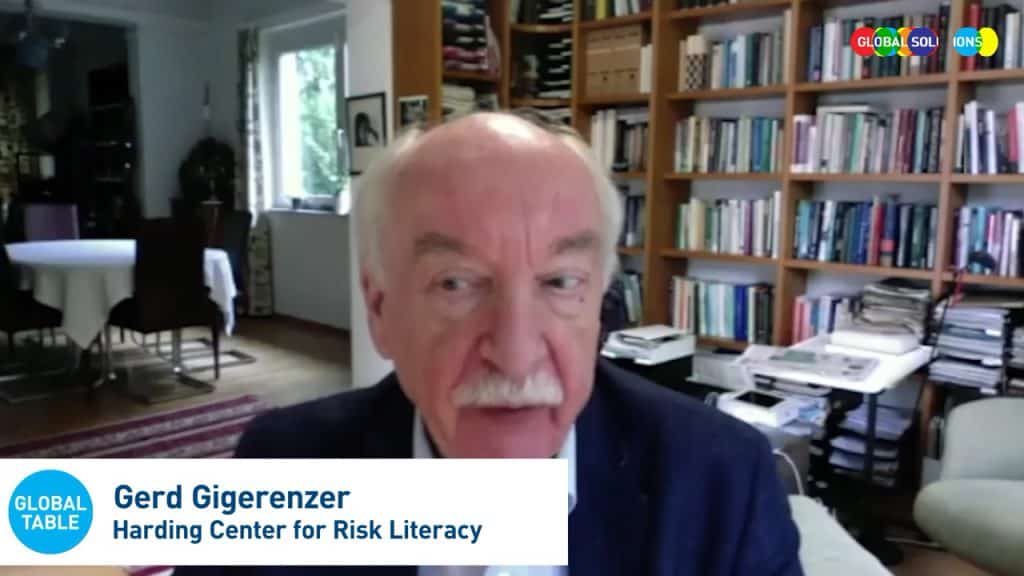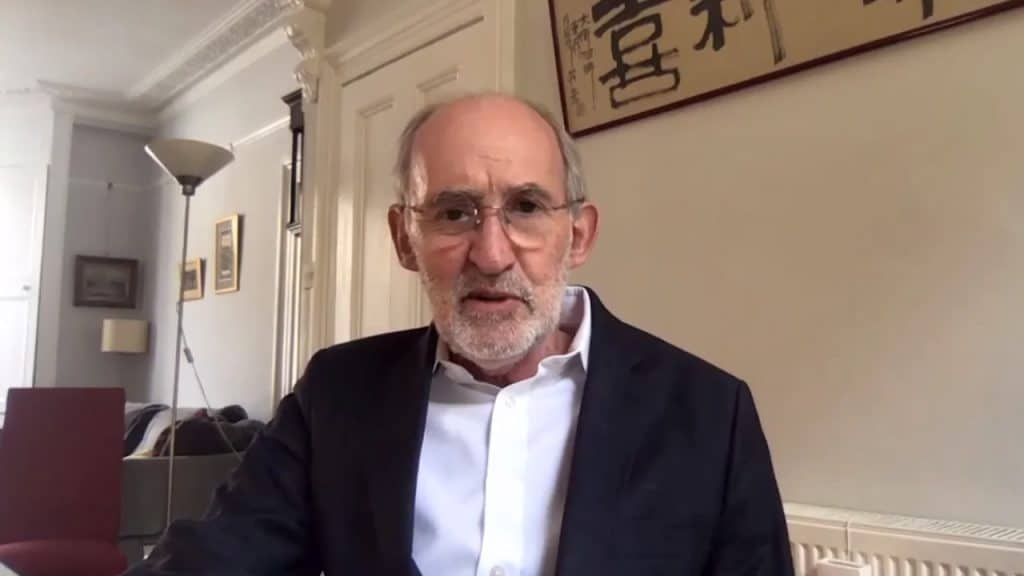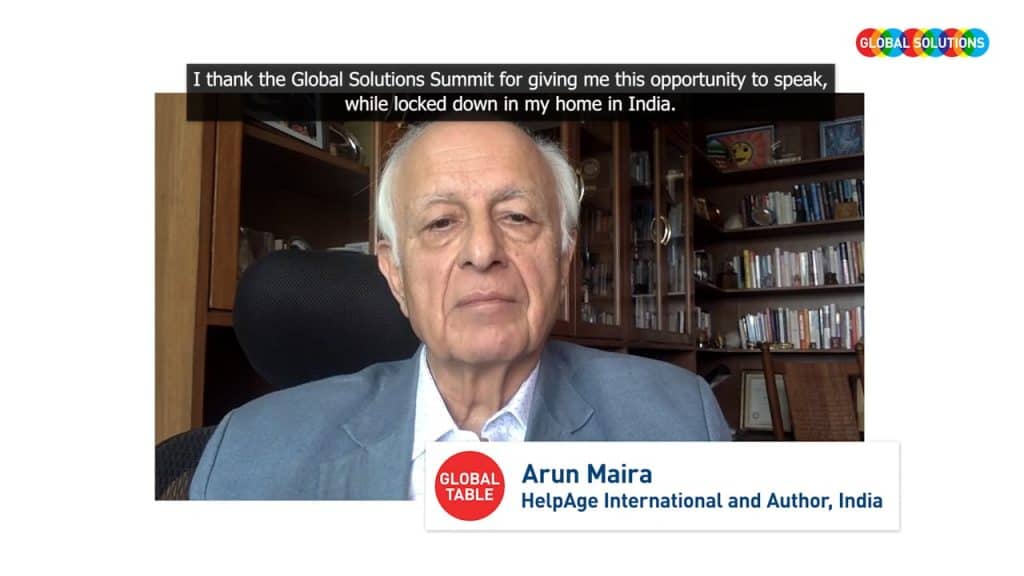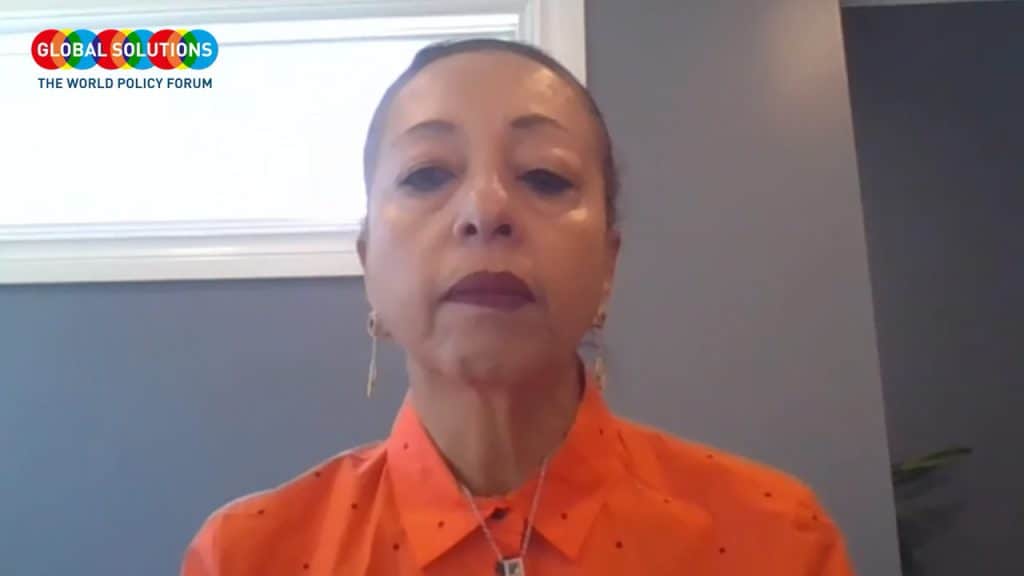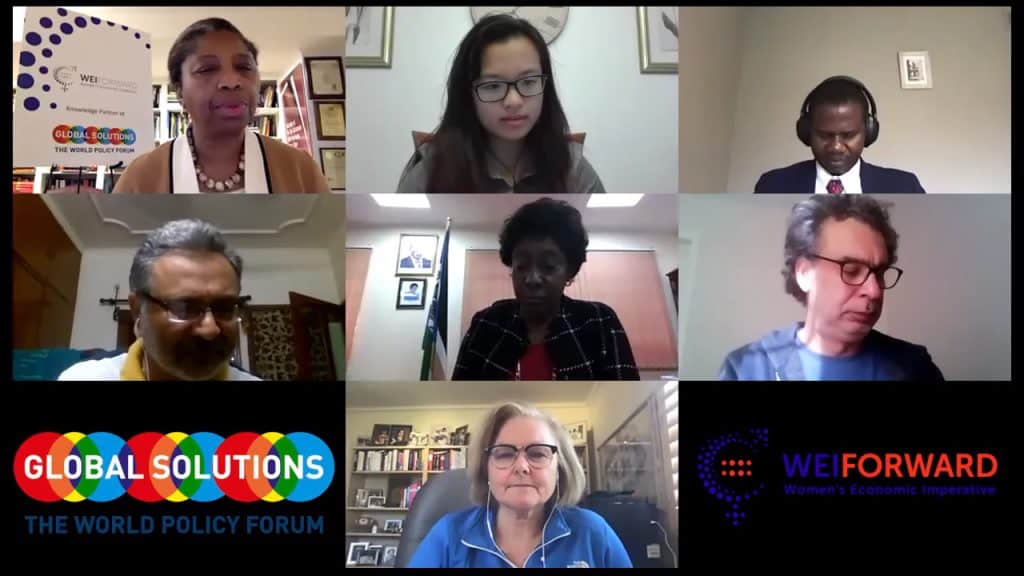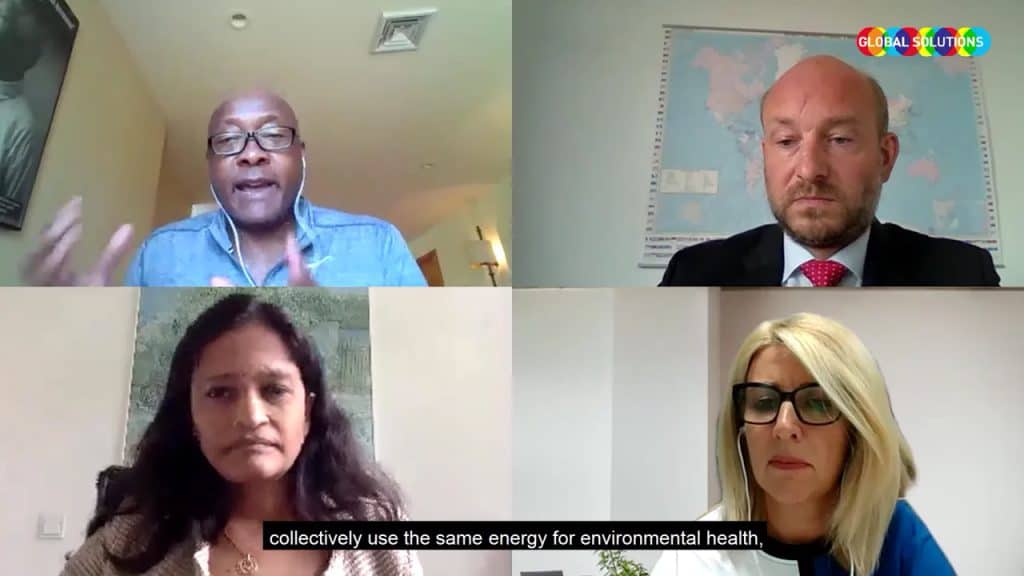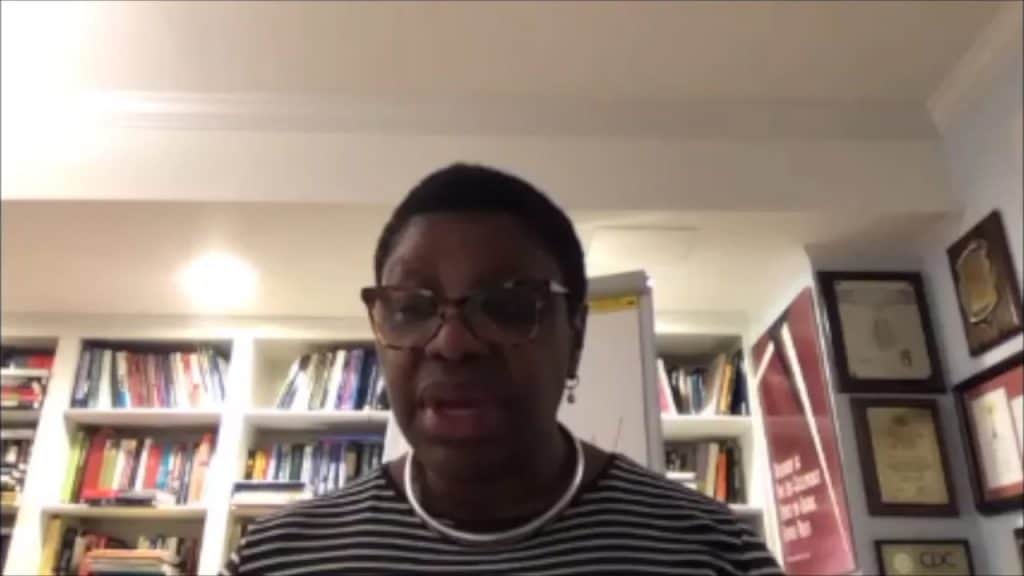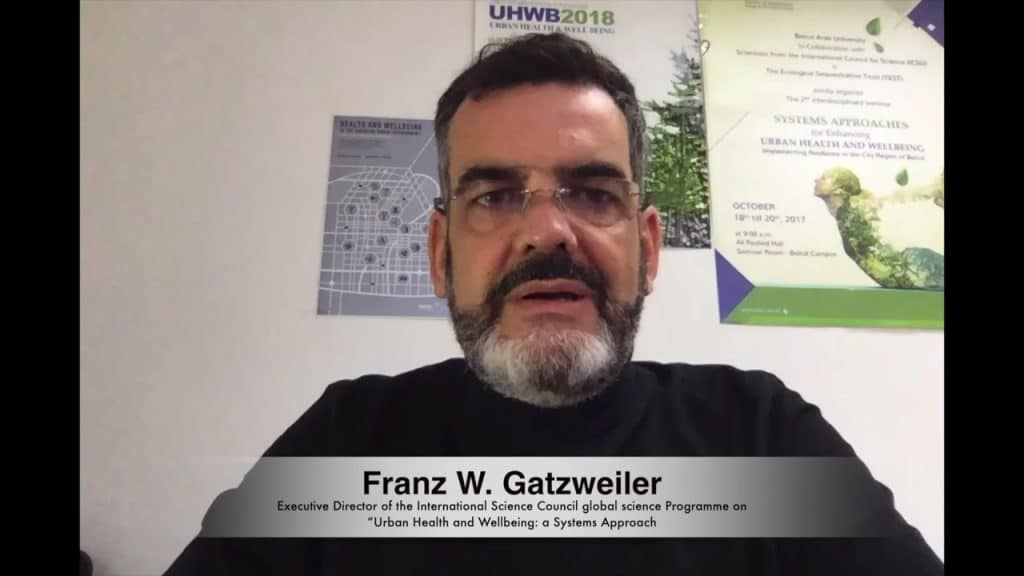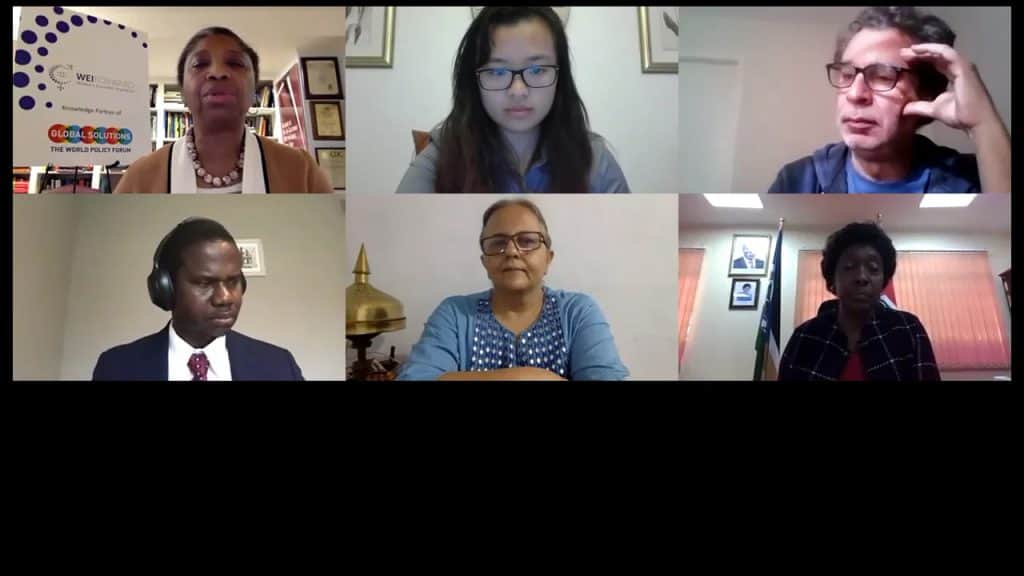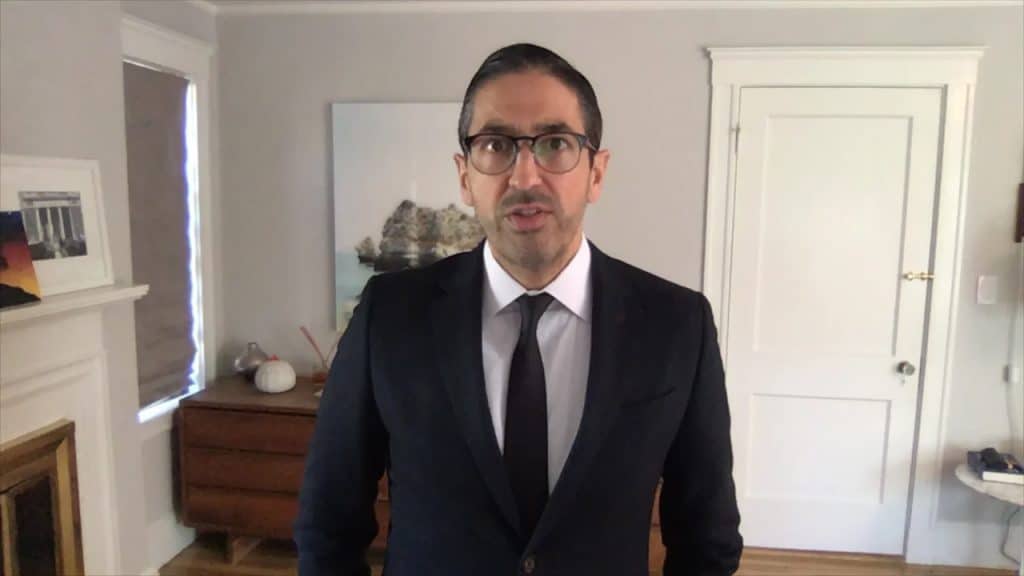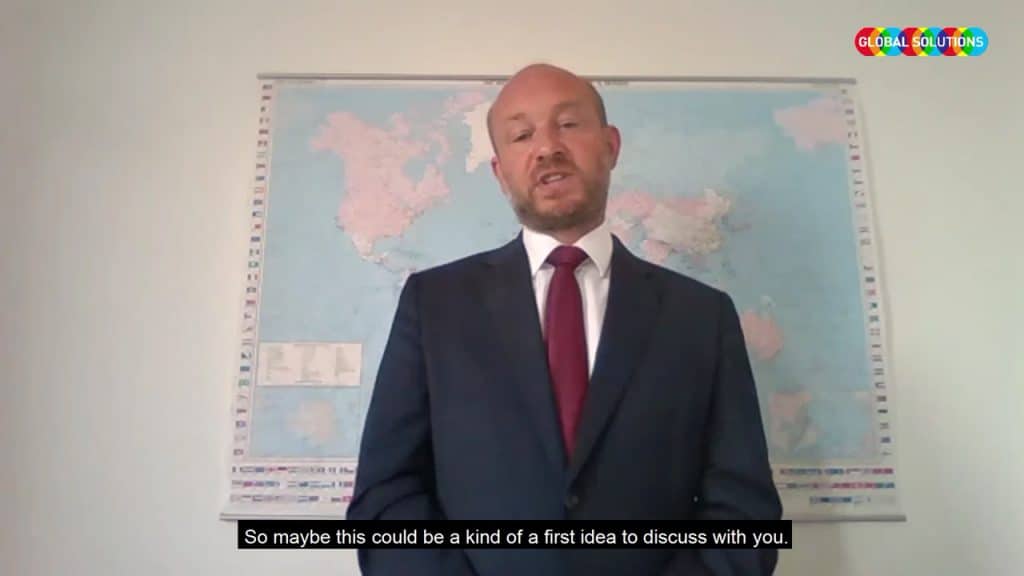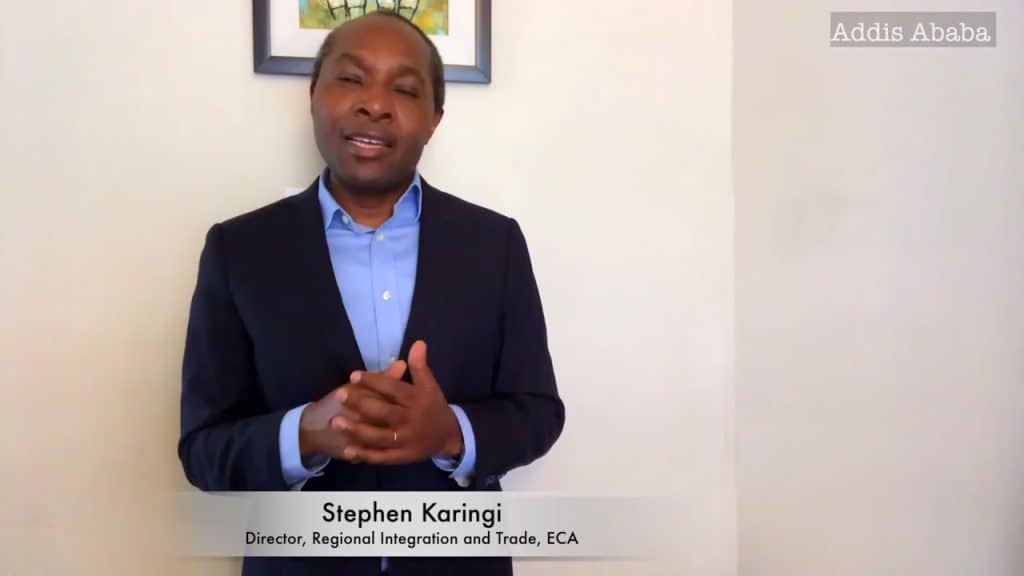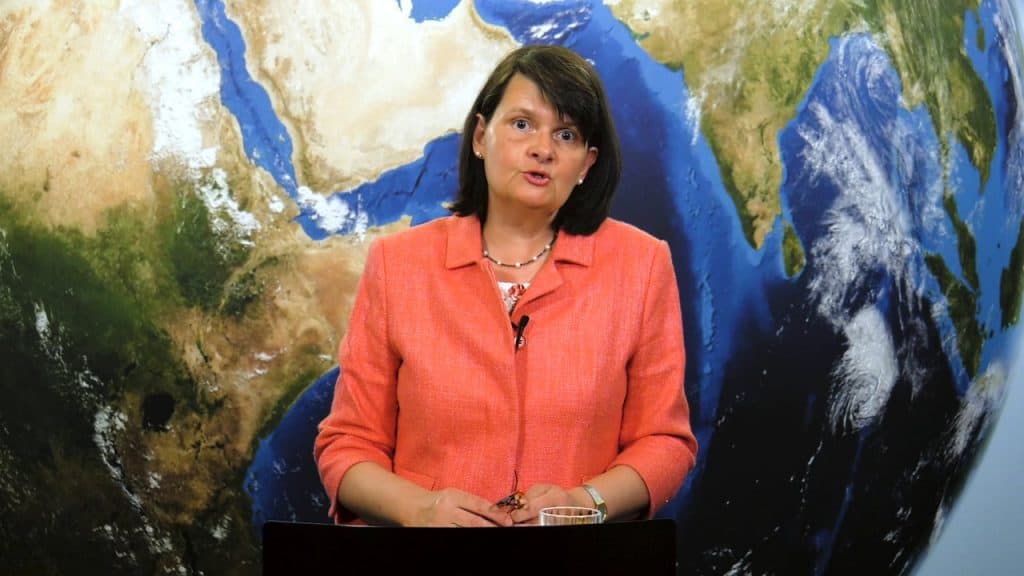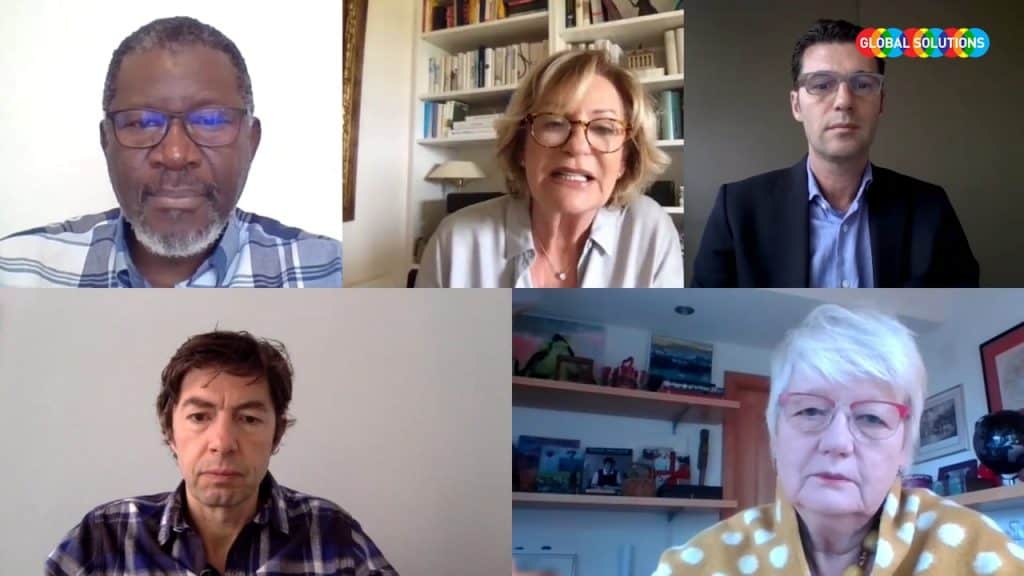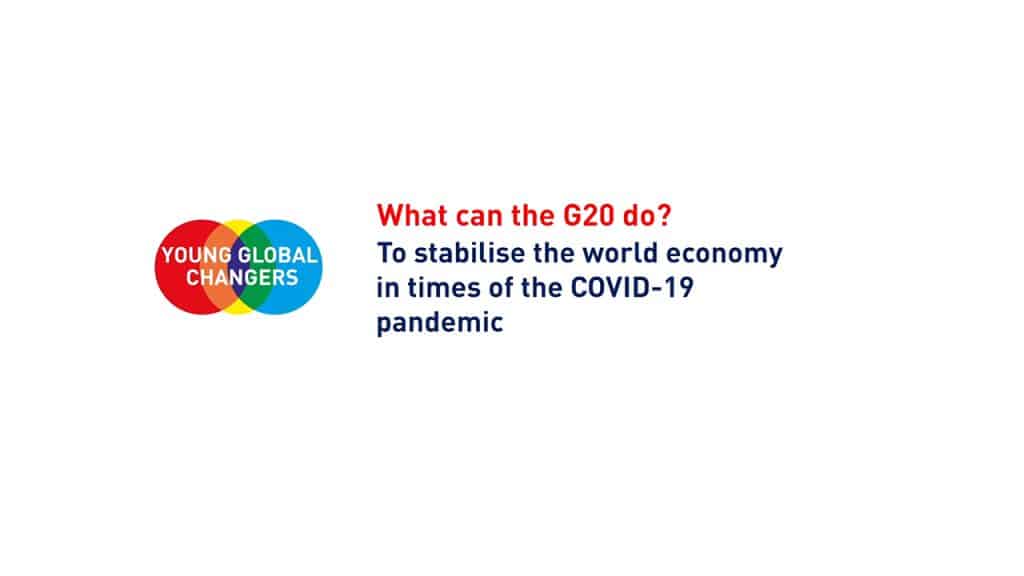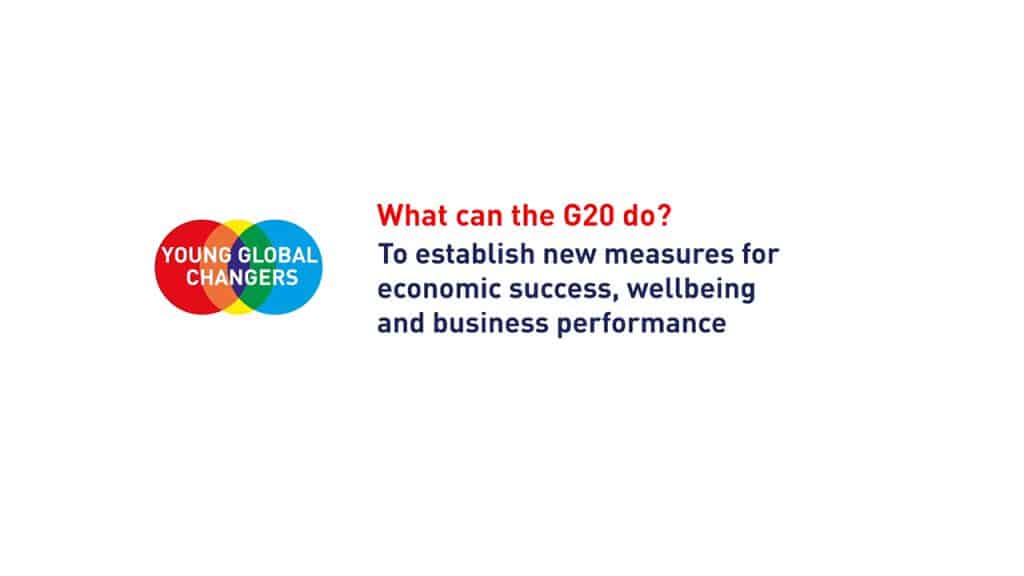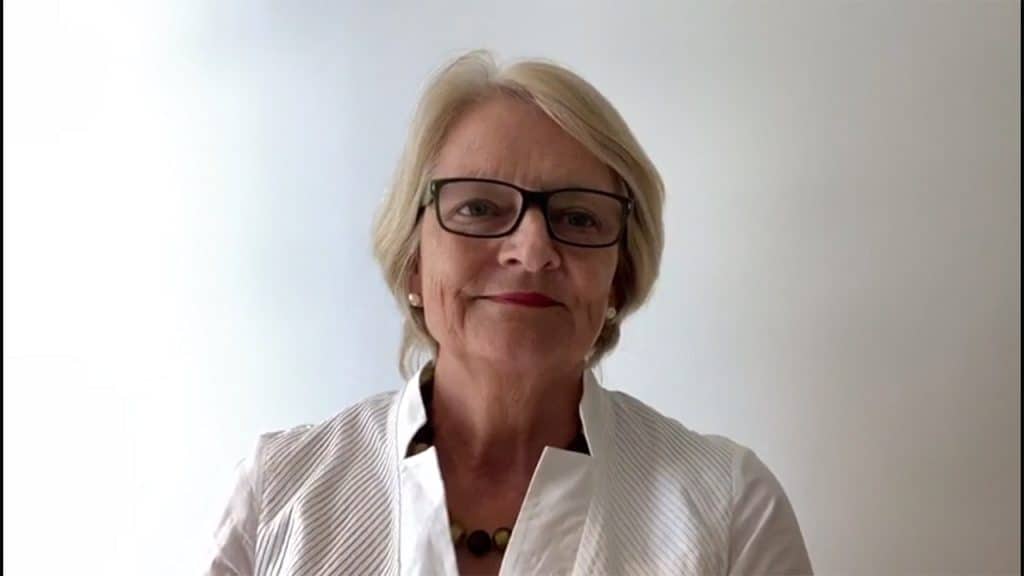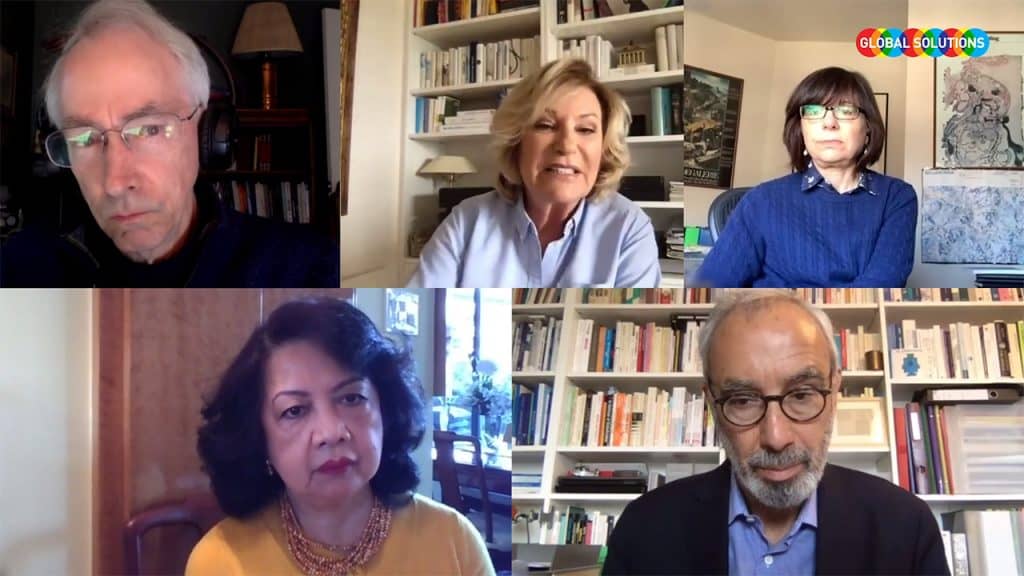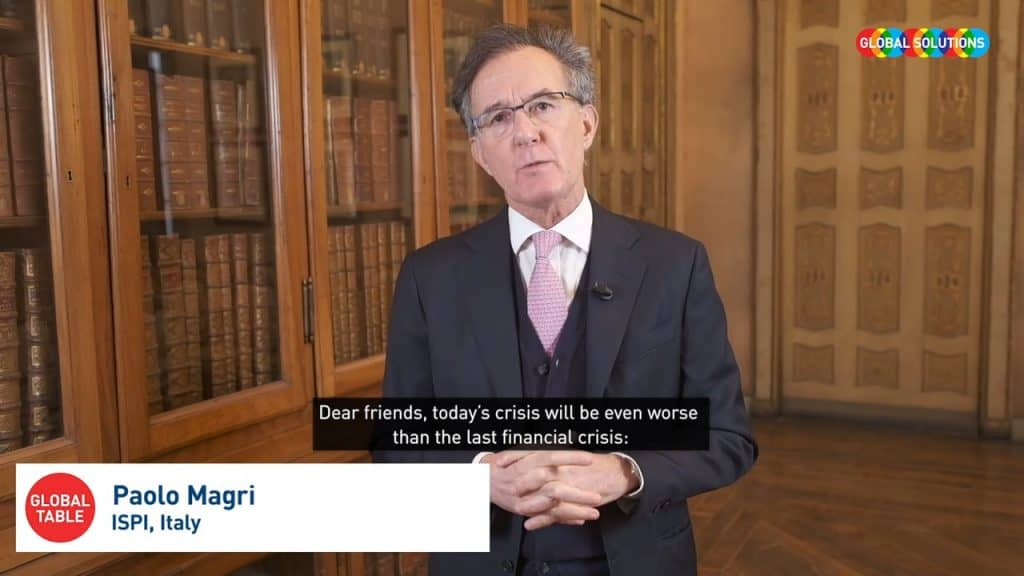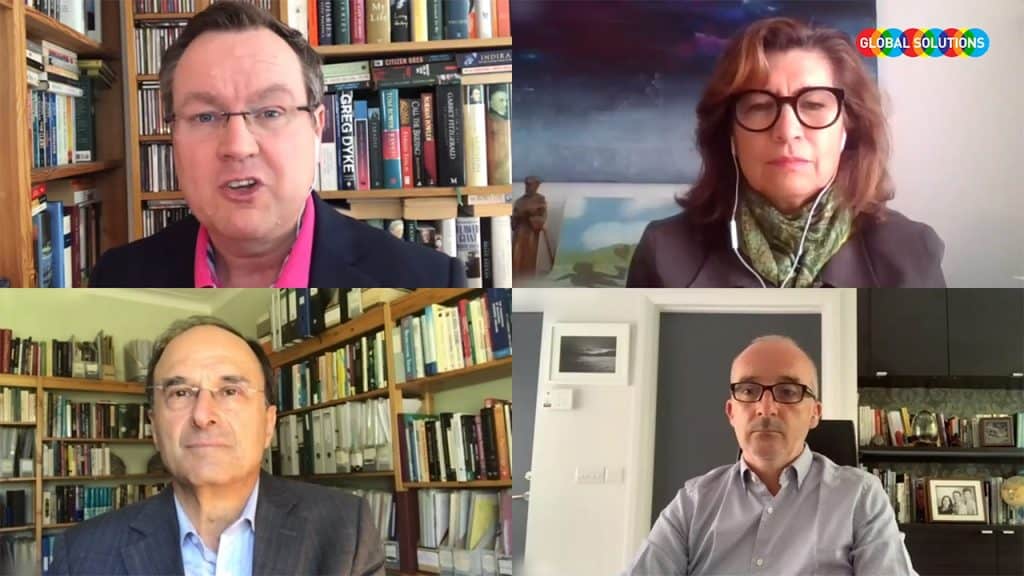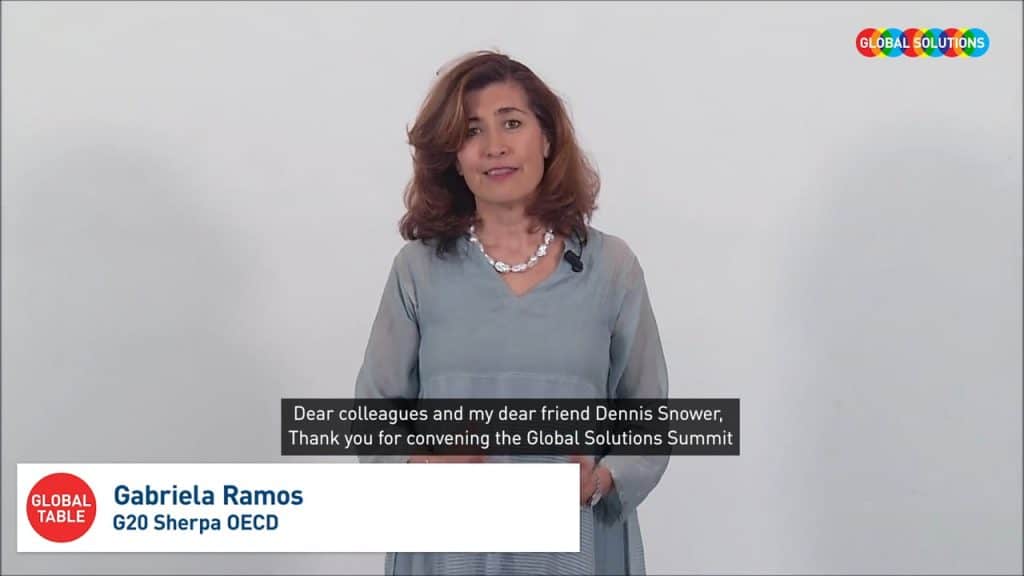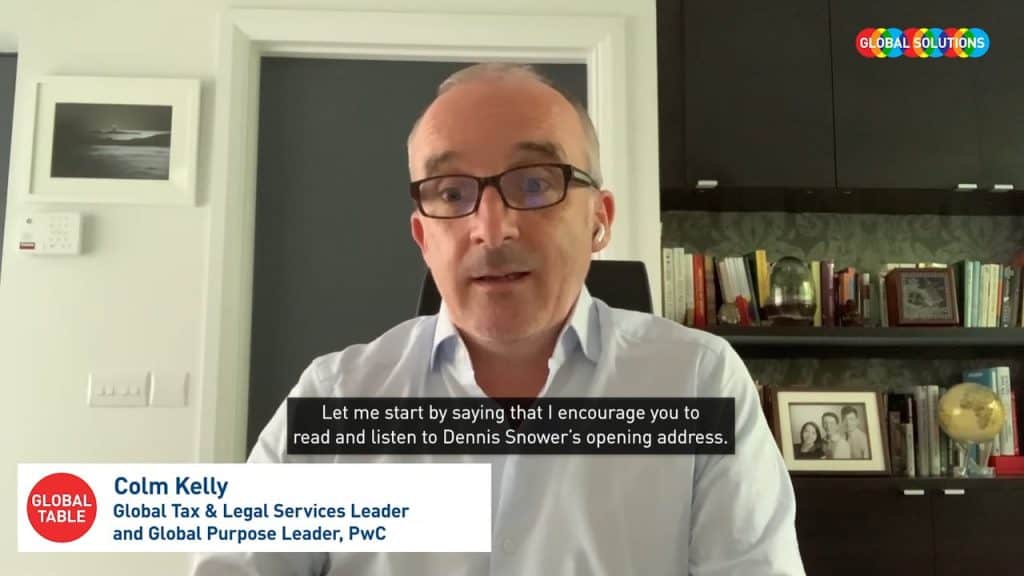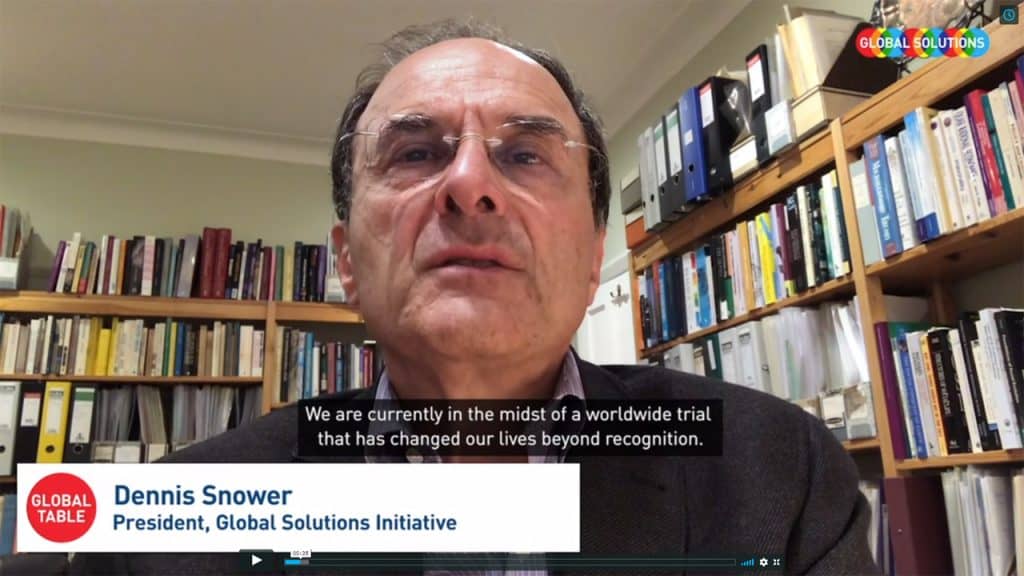Policy Briefs
Transforming Health Systems Towards Holistic Outcomes in the G20 and Beyond Harvy Joy Liwanag, Zaida Orth - School of Public Health, Rashi Agrawal - Evaluation and Learning Consultant, Pragati Hebbar - Institute of Public Health, Manusmriti Agarwal - Department
of Biotechnology, Annika Frahsa - Institute of Social and Preventive
Medicine, Oria James - London School of Hygiene and Tropical
Medicine, Sophie Meyer - Institute of Social and Preventive Medicine, Ananya Rao - UNESCO Mahatma Gandhi Institute of
Education for Peace and Sustainable Development
Preparing for the Next Crisis: The G20 and the Pandemic Treaty Viola Savy Dsouza - Centre for Regulatory Science, Sanjay Pattanshetty - Department of Global Health Governance
(DoGHG), George Wharton - Department of Health Policy, Helmut Brand - Prasanna School of Public Health (PSPH), Oommen Kurian - and Senior Fellow & Head of
Health Initiative
Pathways to Universal Digital Access to Inclusive Healthcare in the G20 Arkalgud Ramaprasad - Department of Information
and Decision Sciences, Vania Martínez - Centro de Medicina Reproductiva y Desarrollo
Integral del Adolescente (CEMERA), Alicia Núñez - Department of Management Control
and Information Systems, S D Sreeganga - O.P. Jindal Global University
Intersecting Vol.11 Ramiro Albrieu - CIPPEC, Nicolas J.A. Buchoud - Global Solutions Initiative, Michael Cohen - Milano School of Policy, Management, and Environment, Rainer Kern - Enjoy Jazz Festival, Shuva Raha - Council on Energy, Environment and Water
Global Transformation Towards Planetary Health Christoph Strupat - German Institute of Development and Sustainability (IDOS), Liz Grant - University of Edinburgh, Maike Voss - German Alliance on Climate Change and Health (KLUG), Katharina Molitor - German Development Institute / Deutsches Institut für Entwicklungspolitik (DIE), Sophie Gepp - German Alliance on Climate Change and Health (KLUG), Alexia Faus Onbargi - German Institute of Development and Sustainability (IDOS), Saravanan Subramanian - German Institute of Development and Sustainability (IDOS), Anna-Katharina Hornidge - German Institute of Development and Sustainability (IDOS)
Build Digital Public Goods for Health: A Private and Public Sector Global Initiative Sarah Fischer - Deutsche Gesellschaft für Internationale Zusammenarbeit (GIZ), Yolanda Martinez - ITU Development Bureau, Skye Gilbert Yoden - PATH's Programs & Innovation , Kate Wilson - NSW Department of Planning and Environment, Mei Lin Fung - People Centered Internet, Hani Eskandar - ITU Development Bureau, Sherman Kong - UNF-DIAL, Garrett Mehl - World Health Organisation, Derrick Muneene - World Health Organisation, Max Schumann - Gesellschaft für Internationale Zusammenarbeit (GIZ), Jake Watson - UNF-DIAL
Ending Vaccine Inequity and Injustice Githinji Gitahi - Amref Health Africa, María del Rocío Sáenz Madrigal - University of Costa Rica, K. Srinath Reddy - Public Health Foundation of India (PHFI)
G7: Data for Pandemic Preparedness Rick Bright - Pandemic Prevention Institute, The Rockefeller Foundation, Rebecca Katz - Center for Global Health Science and Security, Georgetown University, Bruce Gellin - Pandemic Prevention Institute, The Rockefeller Foundation
Building Back Better: Addressing The Laboratory Readiness For Biodefence And Global Health Security Wiku Adisasmito - Universitas Indonesia, DewiN. Aisyah - Ministry of Health, Indonesia, Plebeian B. Medina - Department of Health, Philippines, Zisis Kozlakidis - World Health Organization, Hui Wang, lo Hong Cheong, Debra Leiolani Garcia, Raymond TPLin - Ministry of Health, Singapore
Health systems: Strengthening preparedness Elio Borgonovi, Chiara Cadeddu - Department of Life Sciences and Public Health, Università Cattolica del Sacro Cuore, Marta Dassù - Aspen Institute Italia, Fabrizio Landi - Toscana Life Sciences, Ali Mehdi, Sabrina Montante - Head of EU Affairs-Health Research Sector, Sunisha Neupane, Mario Raviglione - MACH Centre, Università di Milano, Walter Ricciardi - Faculty of Medicine and Surgery, Università Cattolica del Sacro Cuore, Niccolò Serri - University of Cambridge, Peter Taylor
Global equity for global health Salma M Abdalla - Boston University School of Public Health, Pascale Allotey - World Health Organization (WHO), Catherine K. Ettman - Boston University School of Public Health, Sandro Galea - Boston University School of Public Health, Nason Maani - London School of Hygiene and Tropical Medicine, Lily Parsey - International Longevity Center, Emma Rhule
From pathogens to people: Enhancing reporting and surveillance for more effective control of disease outbreaks Kent Buse - The George Institute for Global Health, Sarah Hawkes - University College London (UCL), David Kaplan - International Science Council (ISC), Elena Rovenskaya - International Institute for Applied Systems Analysis (IIASA), John Ryan - Directorate General Health and Food Safety, European Commission, Sergey Sizov - International Institute for Applied Systems Analysis (IIASA), Paola Testori Coggi - T20 Istituto Affari Internazionali
Culture and sciences for life: Towards a global health literacy alliance for a sustainable future Francesco Blasi - University of Milan, Enrico Caiani - Polytechnic of Milan, Andrea Grignolio - Corsini Vita-Salute S. Raffaele University and CNR-CID Ethics, Maria Grazia Magro - Human Technopole, Alex Mauron - University of Geneva, Marco Montorsi - Humanitas University, Marica Nobile - Human Technopole, Gaia Panina - Novartis Italy, Barbara Prainsack - University of Vienna, Ana Sbutega - Novartis Italy
One health-based conceptual frameworks for comprehensive and coordinated prevention Umberto Agrimi - Food Safety, Nutrition and Veterinary Public Health Department, Istituto Superiore di Sanità, Mario Carere - Environment and Health Department, Istituto Superiore di Sanità, Francesco Cubadda - Food Safety, Nutrition and Veterinary Public Health Department, Istituto Superiore di Sanità, Osman A Dar - Public Health England, Silvia Declich - National Center for Global Health, Istituto Superiore di Sanità, Maria Grazia Dente - National Centre for Global Health, Istituto Superiore di Sanità, Mirko Farina - Institute for Humanities and Social Sciences, Innopolis University, Chikwe Ihekweazu - Nigeria Centre for Disease Control, Andrea Lavazza - Centro Universitario Internazionale, Laura Mancini - Environment and Health Department, Istituto Superiore di Sanità, Alberto Mantovani - Food Safety, Nutrition and Veterinary Public Health Department, Istituto Superiore di Sanità, Stefania Marcheggiani - Environment and Health Department, Istituto Superiore di Sanità, Alessia Milano - National Center for Global Health, Istituto Superiore di Sanità, Monica Monaco - Infectious Diseases Department, Istituto Superiore di Sanità, Stefano Morabito - Food Safety, Nutrition and Veterinary Public Health Department, Istituto Superiore di Sanità, Flavia Riccardo - Infectious Diseases Department, Istituto Superiore di Sanità, Claudia Robbiati - National Center for Global Health, Istituto Superiore di Sanità, Gaia Scavia - Food Safety, Nutrition and Veterinary Public Health Department, Istituto Superiore di Sanità, Laura Villa - Infectious Diseases Department, Istituto Superiore di Sanità, Matteo Villa - Istituto per gli studi di politica internazionale (ISPI)
Reaffirming the significance of global public goods for health: Global solidarity in response to Covid-19 and future shocks Yonette Felicity Thomas - Borjoner International, Obijiofor Aginam - UN University-International Institute for Global Health, Sainath Banerjee - Asian Development Bank - Center for Urban Health and Development, Alex Ezeh - Drexel University, Philadelphia, Sandro Galea - Boston University School of Public Health, Franz Gatsweiler - Institute of Urban Environment, Chinese Academy of Sciences, Blessing Mberu - African Population and Health Research Center, Blaise Nguendo-Yongsi - University of Yaoundé, Osondu Ogbuoji - Duke Global Health Institute, Duke University, K. Srikanth Reddy - Bruyère Research Institute, Margo Thomas - Women’s Economic Imperative, Gavin Yamey - Duke Global Health Institute, Duke University
Policy actions to safeguard the operations of GVCS in times of crisis and beyond Mohmmad S. Alrajeh - Ministry of National Guard Health Affairs, Anthony Hammond - Yale School of Medicine, Olayinka Idowu Kareem - University of Hohenheim, Stefan Pahl - University of Groningen, Adnan Serič - United Nations Industrial Development Organization, Aleksander Siemaszko - Poland's Ministry of Economic Development, Mark Votruba - Case Western Reserve University, Ahmad Younis - Case Western Reserve University School of Medicine
Ensuring that Covid-19 recovery policies support the transformation to a climate neutral society Axel Michaelowa - University of Zurich, Sonja Butzengeiger - Perspectives Climate Research, Mohammed Dabboor - Environment and Climate Change Canada, Government of Canada, Abdelrahman Muhsen - King Abdullah Petroleum Studies and Research Center (KAPSARC), Noura Mansouri - King Abdullah Petroleum Studies and Research Center (KAPSARC), Amm Quamruzzaman - University of California Berkeley
Ensuring an equitable pandemic response: Lessons learned from Covid-19 Hanan Al Ahmadi - Riyadh Economic Forum, Nasser Bindhim - Sharik Society for Health and Community Research, Saleh Al Muhanna - King Abdullah Petroleum Studies and Research Center (KAPSARC), T20 Saudi Arabia, Aljawhara Al Quayid - King Abdullah Petroleum Studies and Research Center (KAPSARC), T20 Saudi Arabia, Waleed Al Salem - Umm Al-Qura University
Investing in universal health systems aimed at Covid-19 and beyond Luiz Eduardo Fonseca - Center for Global Health – Fiocruz, Amani Alkofide - King Faisal Specialist Hospital & Research Centre, Radia Sedaoui - Economic Commission of Western Asia (UN-ESCWA), Rym Ayadi - Euro-Mediterranean Network for Economic Studies (EMNES), CASS Business School, Viqaruddin Mohammed - King Faisal Specialist Hospital & Research Centre
Transversal G20 response to Covid-19: Global governance for economic, social, health, and environmental resilience Jonathan Luckhurst - Soka University, Veronika Ertl - Konrad Adenauer Stiftung, Marc Fleurbaey - Princeton University, Gianluca Grimalda - Kiel Institute for the World Economy, John Kirton - Munk School of Global Affairs and Public Policy at Trinity College, University of Toronto, W. Andy Knight - University of Alberta, K. Srikanth Reddy - Bruyère Research Institute, Elizabeth Sidiropoulos - South African Institute of International Affairs, Margo Thomas - Women’s Economic Imperative
Multilateralism in times of global pandemic: Lessons learned and the way forward Daniel D. Bradlow - University of Pretoria, Sara Lechtenberg-Kasten - King Abdullah Petroleum Studies and Research Center (KAPSARC), Maha Akeel - Organization of Islamic Cooperation (OIC), Syed Munir Khasru - Institute for Policy, Advocacy, and Governance (IPAG), Anindya Chatterjee - International Development Research Centre (IDRC)
The role of monetary policy in worldwide solidarity in the face of Covid-19 Carlo Andrea Bollino - Perugia Energy Environment Research Center (CREEP), University of Perugia, King Abdullah Petroleum Studies and Research Center
(KAPSARC), Mirko Abbritti - University of Perugia, Navarra Center for International Development, Amedeo Argentiero - KORE University of Enna, Simona Bigerna - University of Perugia, Maria Chiara D’errico - University of Perugia, Silvia Mecheli - University of Perugia, Paolo Polinori - University of Perugia, Mustafa Yagci - Islamic Development


